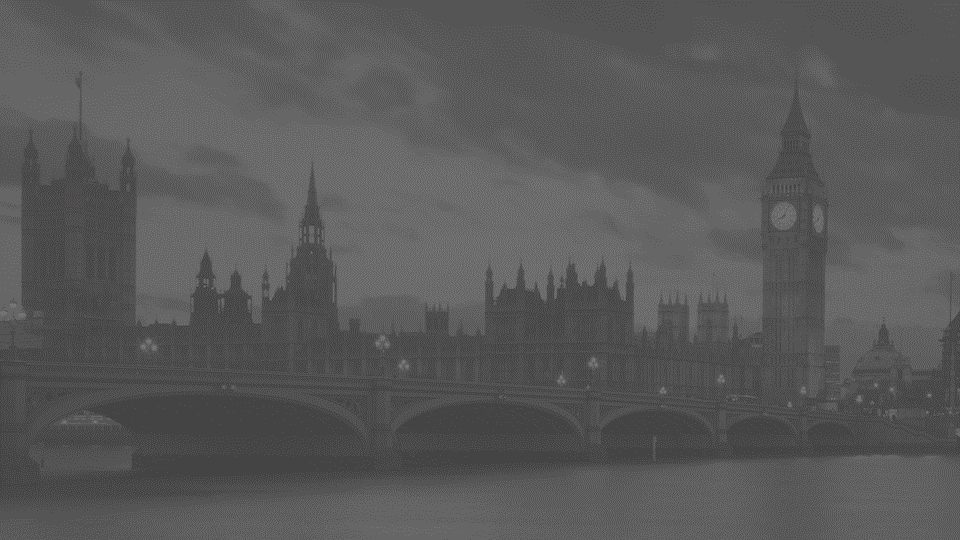Key priorities or empty promises: What Starmer and Sunak’s pledges mean for business

Adam Newman, Account Manager, Public Affairs
Pledge cards are not new in UK politics.
In 1997, Tony Blair successfully gave five pledges which focused on his key targets for a new Labour Government, whilst in 2015, Ed Miliband infamously unveiled the ‘Ed Stone’, which was mocked for its vagueness, with promises including “An NHS with time to care.”
It seems that in 2023, pledges are all the rage.
Last month, UK Prime Minister Rishi Sunak unveiled his five priorities for the year, ranging from halving inflation to decreasing the size of NHS waiting lists. These were met with cynicism, with much of the media highlighting that several of the pledges were forecast to happen anyway, and with Ipsos finding that the public were sceptical that the Prime Minister could deliver them.
Six weeks later, Sir Keir Starmer has come out with his own five pledges. Unlike Sunak, Starmer’s pledges are not focused on the next year, but the next 10, suggesting they will act as “the pillars of the next Labour government.”
Focusing on the economy, the NHS, crime and justice, opportunities for children and becoming an energy superpower, Starmer aimed to present the missions that would guide a decade of Labour Governments.
In many ways, Starmer’s five pledges are more ambitious than Sunak’s – it is difficult to say that securing “the highest sustained growth in the G7” is already on track to happen – and also more vague, with some of his pledges failing to have much detail beyond building an NHS “that is fit for the future” – a line used by Theresa May in 2019. Starmer has promised to give more detail on each of his pledges in the coming months and to have fully costed policies in the next Labour manifesto.
What is perhaps most interesting today are the topics that party leaders have avoided, and how they compare to one another. Unlike Sunak, Starmer doesn’t focus on migration and boats crossing the channel, and Sunak in contrast to Starmer does not focus on issues regarding crime, training, childcare or energy. Whilst this does not mean that Sunak considers there is nothing to do on crime, it does highlight the areas which each leader believes will be vote winners for them in the coming year.
Interested businesses will have to work to keep these on the political agenda. However, this creates opportunity, with there being a void for businesses to fill, and an opportunity for them to steer conversations on these topics.
Perhaps more interestingly, neither mentions key topics such as social care, housing or Brexit. These areas have all been vote losers in previous elections, but their exclusion will not bring confidence to those who want the Government to fix the major societal challenges that these are causing, and the businesses impacted by them. This will not stop business leaders from raising these topics in the coming months.
Perhaps the most significant emission from both pledge lists is sustainability.
With the exception of mentioning clean energy, Starmer surprisingly did not focus on his party’s green agenda, and its wish for a “greener, fairer future.” Both parties have, to varying extents, focused on net zero over the last few years, and businesses have to a large extent embraced the topic. This omission does not suggest that net zero will be scrapped at the next election – in fact, it is expected to feature heavily in both parties’ manifestos.
However, it does suggest that neither party sees it as being a key differentiator and vote winner, despite its broad support from the public.
The key similarity between the two pledge lists is the focus on the economy. Labour’s headline-grabbing pledge to secure “the highest sustained growth in the G7” would take sustained effort from a Labour Government, which could only be achieved in close collaboration with business. The party has made clear that it is committed to this, with its new pledge stating that its recent pivot to being the “party of business” is here to stay.
With Labour remaining over 20 points ahead of the Conservatives in the polls, its pledges, despite their vagueness, need to be taken seriously. Businesses should be asking themselves how they could work with a potential Labour government to support its agenda.
FleishmanHillard UK’s Public Affairs team established the Labour Unit to help clients prepare for a potential Labour Government.
The Unit provides clients with informed insights into Labour’s policies and processes, tailored to ensure that businesses are ready for change. Contact Luke Downham.
Find Out More
-
Platinum CMS Award
March 13, 2024
-
Changing Communications Tack at Mobile World Congress
February 21, 2024


